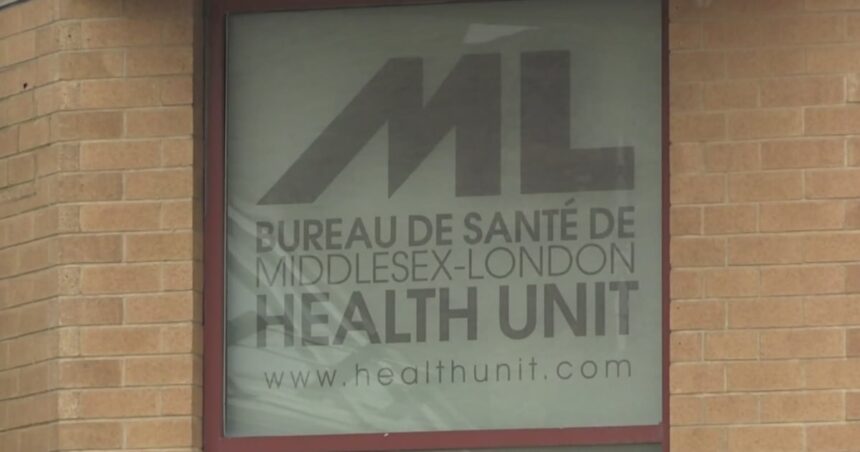Cooling towers under scrutiny as mysterious Legionnaires’ disease cluster claims three lives in London, Ontario, leaving health officials racing for answers in what’s becoming the city’s most significant bacterial outbreak in years.
Middlesex-London Health Unit (MLHU) officials confirmed Wednesday that 27 cases of the potentially deadly bacterial pneumonia have been reported since late June, with three fatalities now linked to the outbreak. The alarming surge has prompted an intensive investigation across the city’s west end, where most cases have been concentrated.
“We don’t know the source yet, which is concerning given the severity of these infections,” said Dr. Alex Morrison, MLHU’s Associate Medical Officer of Health, during an emergency press briefing. “Our teams are working around the clock to test potential environmental reservoirs, particularly cooling towers and water systems that could harbor the Legionella bacteria.”
The investigation has narrowed to several industrial and commercial buildings in west London, though health officials have declined to name specific facilities while testing continues. Legionnaires’ disease, caused by inhaling mist or vapor containing the bacteria, cannot spread from person to person, making environmental contamination the critical factor in controlling the outbreak.
Ontario’s Ministry of Health has deployed additional resources to support Canada’s seventh-largest city as cases continue to emerge. Testing revealed all infections involve the same strain of Legionella pneumophila, strongly suggesting a common source.
“What makes this particularly challenging is the 2-10 day incubation period,” explained Dr. Morrison. “People may have been exposed weeks ago, meaning we’re still likely to see additional cases even after we identify and remediate the source.”
Most affected individuals are over 50 with underlying health conditions, though several cases involve younger adults with no previous medical issues. Symptoms typically begin with headache and muscle pain, rapidly progressing to high fever, severe pneumonia, and in some cases, life-threatening complications.
London Health Sciences Centre has established a dedicated treatment unit for severe cases, while public health officials have issued precautionary advisories to vulnerable populations, including recommendations to avoid outdoor activities in areas where cooling towers operate.
This outbreak represents Ontario’s most significant Legionnaires’ cluster since 2018, when a similar situation in Toronto resulted in 12 deaths. Environmental health experts note that aging infrastructure and increasingly warm summers create ideal conditions for Legionella proliferation in water systems.
“Climate change is actually expanding the risk window for these types of outbreaks,” said Professor Elena Chambers, environmental microbiologist at Western University. “Bacteria thrive in the warmer temperatures we’re consistently seeing, making proper maintenance of cooling systems more critical than ever.”
MLHU has established a dedicated hotline for concerned residents and urges anyone experiencing symptoms to seek immediate medical attention while mentioning potential Legionnaires’ exposure. The health unit expects preliminary results from environmental sampling within 48 hours, which could provide crucial information about the outbreak’s origin.
As London confronts this public health challenge, questions emerge about regulatory oversight of cooling towers and water systems in Ontario’s cities. Should provincial authorities implement mandatory testing protocols for Legionella bacteria in commercial and industrial facilities, or will reactive approaches continue to put vulnerable populations at risk?









